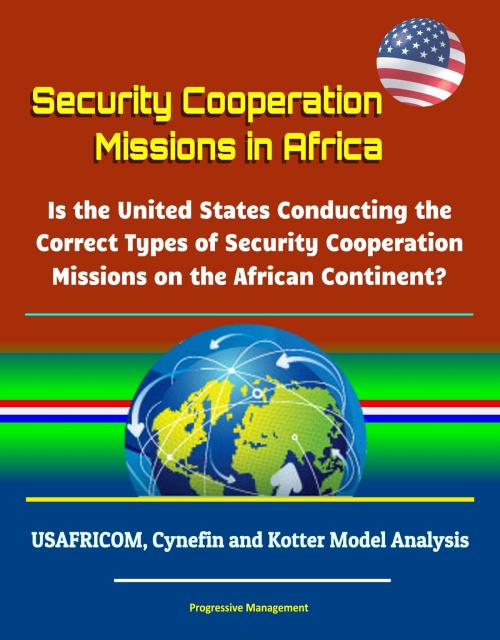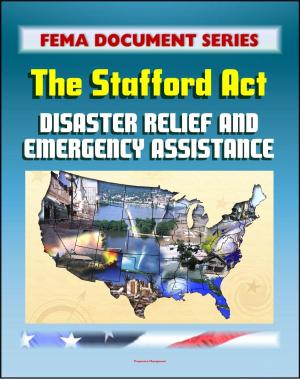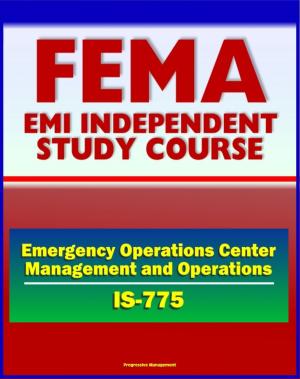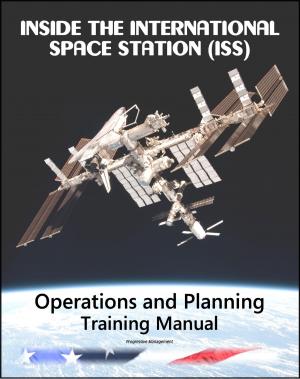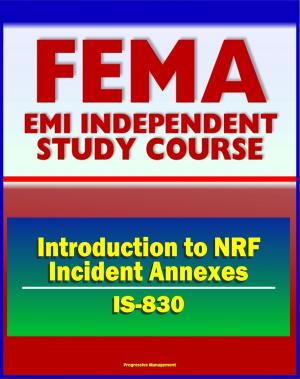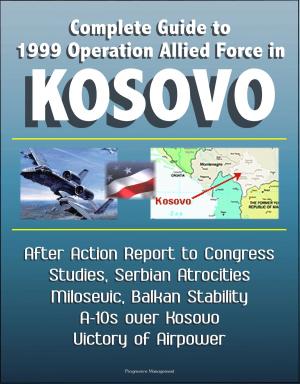Security Cooperation Missions in Africa: Is the United States Conducting the Correct Types of Security Cooperation Missions on the African Continent? USAFRICOM, Cynefin and Kotter Model Analysis
Nonfiction, History, Africa, Military, United States| Author: | Progressive Management | ISBN: | 9780463363201 |
| Publisher: | Progressive Management | Publication: | May 12, 2018 |
| Imprint: | Smashwords Edition | Language: | English |
| Author: | Progressive Management |
| ISBN: | 9780463363201 |
| Publisher: | Progressive Management |
| Publication: | May 12, 2018 |
| Imprint: | Smashwords Edition |
| Language: | English |
This excellent report has been professionally converted for accurate flowing-text e-book format reproduction.
Using ongoing missions in Africa as a case study, this research seeks to answer the question: is the United States Government pursuing an effective strategy for building security cooperation capacity within its partners and allies on the African Continent? It will pursue an answer to this question by first considering the current security cooperation missions being conducted on the African Continent, and compare these with security cooperation missions that have been, or are currently being conducted, in other geographical combatant commands area of responsibility around the world. It will then evaluate if there are security cooperation missions that are being conducted in other geographical combatant commands that can be applied to the Africa geographic combatant command area of responsibility.
The U.S. has a long history of assisting underdeveloped countries through government agencies and the Department of Defense (DoD). The United States strategic plan is to conduct Phase Zero security cooperation operations with African partner nations. These security cooperation missions begin with stability assistance in the form of security, civil and medical support programs.
CHAPTER 1 INTRODUCTION * Overview * United States Africa Command * Definitions * Primary Research Question * Secondary Research Questions * Assumptions * Limitations and Delimitations * Conclusion * CHAPTER 2 LITERATURE REVIEW * Introduction * Definition and Response to Security Cooperation Missions * Conclusion * CHAPTER 3 RESEARCH METHODOLOGY * Introduction * Historical and Comparative Study Methods * Models for Identification and Change * Evaluating Security Cooperation Missions * Methodological Approach * Threats to Validity * Conclusion * CHAPTER 4 PRESENTATION OF FACTS AND ANALYSIS * Introduction * Present Environment * Desired Environment * Problems Currently Facing Security Cooperation Missions * Depiction of the Operational Approach * Conclusions * CHAPTER 5 CONCLUSIONS AND RECOMMENDATIONS * Introduction * Conclusions * Recommendations * Closing Thoughts
This excellent report has been professionally converted for accurate flowing-text e-book format reproduction.
Using ongoing missions in Africa as a case study, this research seeks to answer the question: is the United States Government pursuing an effective strategy for building security cooperation capacity within its partners and allies on the African Continent? It will pursue an answer to this question by first considering the current security cooperation missions being conducted on the African Continent, and compare these with security cooperation missions that have been, or are currently being conducted, in other geographical combatant commands area of responsibility around the world. It will then evaluate if there are security cooperation missions that are being conducted in other geographical combatant commands that can be applied to the Africa geographic combatant command area of responsibility.
The U.S. has a long history of assisting underdeveloped countries through government agencies and the Department of Defense (DoD). The United States strategic plan is to conduct Phase Zero security cooperation operations with African partner nations. These security cooperation missions begin with stability assistance in the form of security, civil and medical support programs.
CHAPTER 1 INTRODUCTION * Overview * United States Africa Command * Definitions * Primary Research Question * Secondary Research Questions * Assumptions * Limitations and Delimitations * Conclusion * CHAPTER 2 LITERATURE REVIEW * Introduction * Definition and Response to Security Cooperation Missions * Conclusion * CHAPTER 3 RESEARCH METHODOLOGY * Introduction * Historical and Comparative Study Methods * Models for Identification and Change * Evaluating Security Cooperation Missions * Methodological Approach * Threats to Validity * Conclusion * CHAPTER 4 PRESENTATION OF FACTS AND ANALYSIS * Introduction * Present Environment * Desired Environment * Problems Currently Facing Security Cooperation Missions * Depiction of the Operational Approach * Conclusions * CHAPTER 5 CONCLUSIONS AND RECOMMENDATIONS * Introduction * Conclusions * Recommendations * Closing Thoughts
